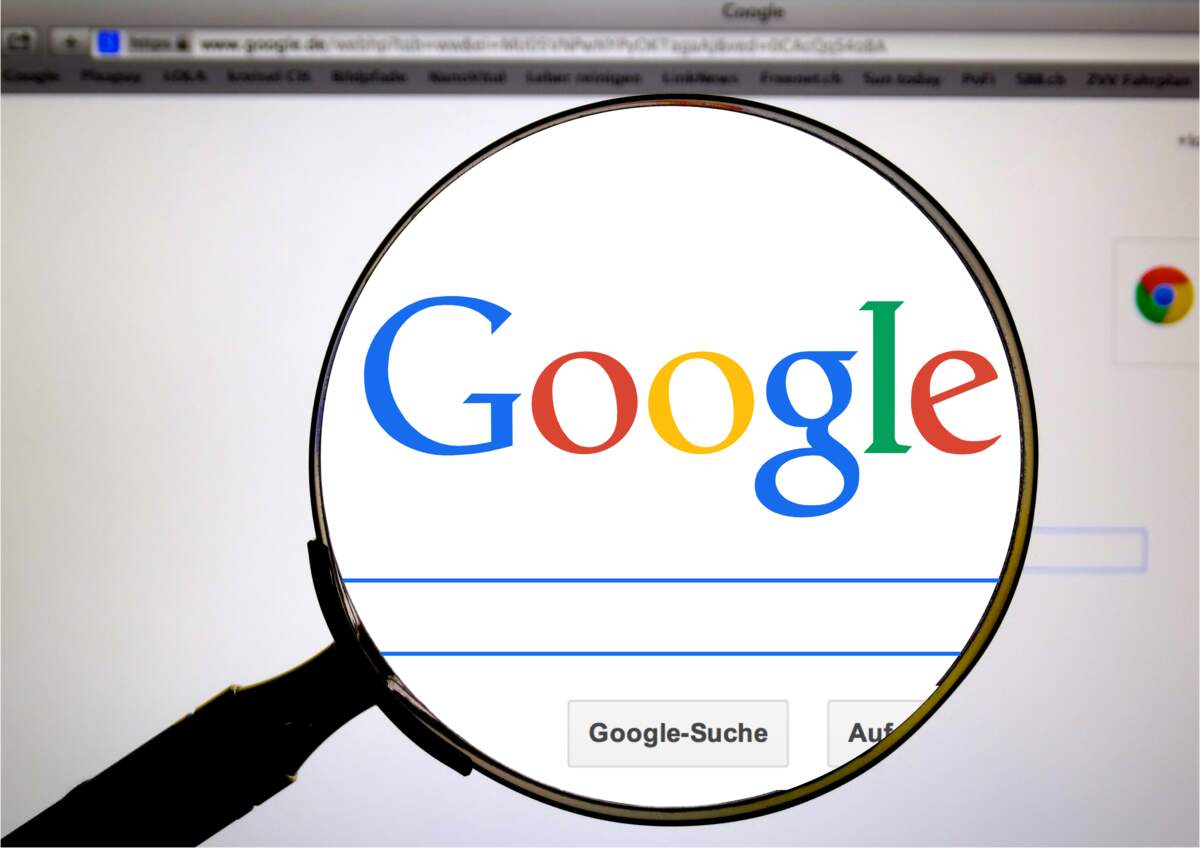

International Fact-Checking Day
Observed
annually on April 2nd (since 2017)
Dates
Founded by
PolitiFact on March 30th, 2017
Hashtags
Sources
With the rise of "fake news," when people come up with fictitious stories and share them online as if they are real, hoping for clicks, a holiday dedicated to fact-checking is as crucial as ever. International Fact-Checking Day, which purposely takes place the day after April Fools' Day, was created by Politifact, who says creating it was their "way of proclaiming the need for strong evidence and solid facts in politics, journalism and everyday life." It was created to get people talking about issues, and because accurate information is essential for democracy to thrive and for people to make wise decisions in their daily lives. It is not just important for professional fact-checkers to check facts, but for everyone to participate in doing so.
Politifact is a member of the International Fact-Checking Network, "a group formed to encourage fact-checking around the world." The group came up with the idea for International Fact-Checking Day while meeting in Buenos Aires in 2016, "as a way of bringing more attention to fact-checking and fact-checking methods." They continue to promote the day along with other fact-checking organizations.
How to Observe International Fact-Checking Day
On International Fact-Checking Day—and every day—people should "encourage facts and fight against falsehoods." Here are some ways you can do so:
- Make sure to fact-check. When coming across a story, first ask yourself if it sounds reasonable. If it sounds unreasonable or outrageous, or if it is hyperpartisan and is critical of a political leader you dislike or affirms your current worldview, take a step back and investigate it. Don't share it without doing so. Be especially critical of it if you found it posted on social media. Check what the source is. Is it reputable? Has it "demonstrated commitment to the ethical principles of truthfulness, fairness, independence, and transparency"? In addition, check multiple credible sources to see what they are saying about the story.
- If you see others sharing fake news, make sure to correct them. But do it gently and politely and provide evidence, otherwise, they may double down. It's even better to have these discussions in person instead of having them behind a computer screen.
- Become aware that it usually takes effort to get to the truth. Be prepared to work and put in the time needed to gain knowledge on a subject.
- Explore fact-checking websites like PolitiFact, Snopes, and FactCheck.org.
- Follow @factchecknet and #FactCheckingDay on Twitter and take part in the online conversation.
- On the International Fact-Checking Day website, explore Educheck Map, take a fake news trivia quiz, and download a lesson plan.





















